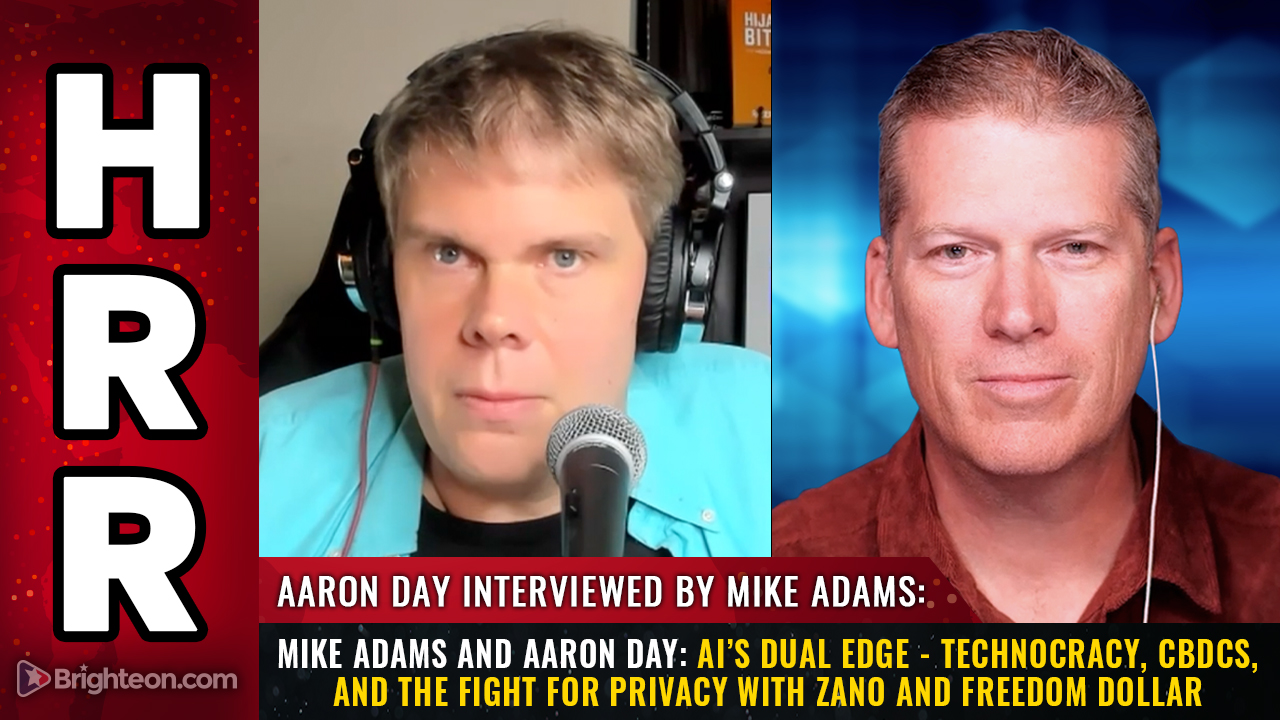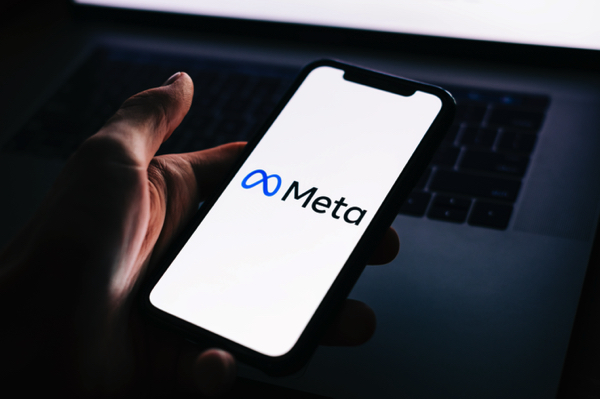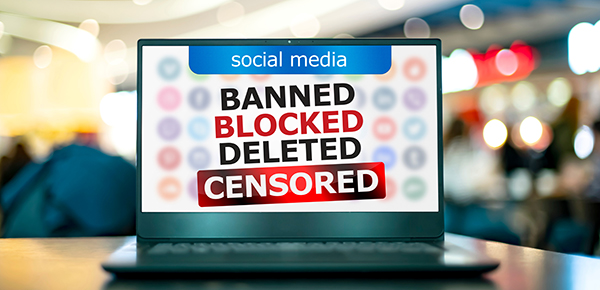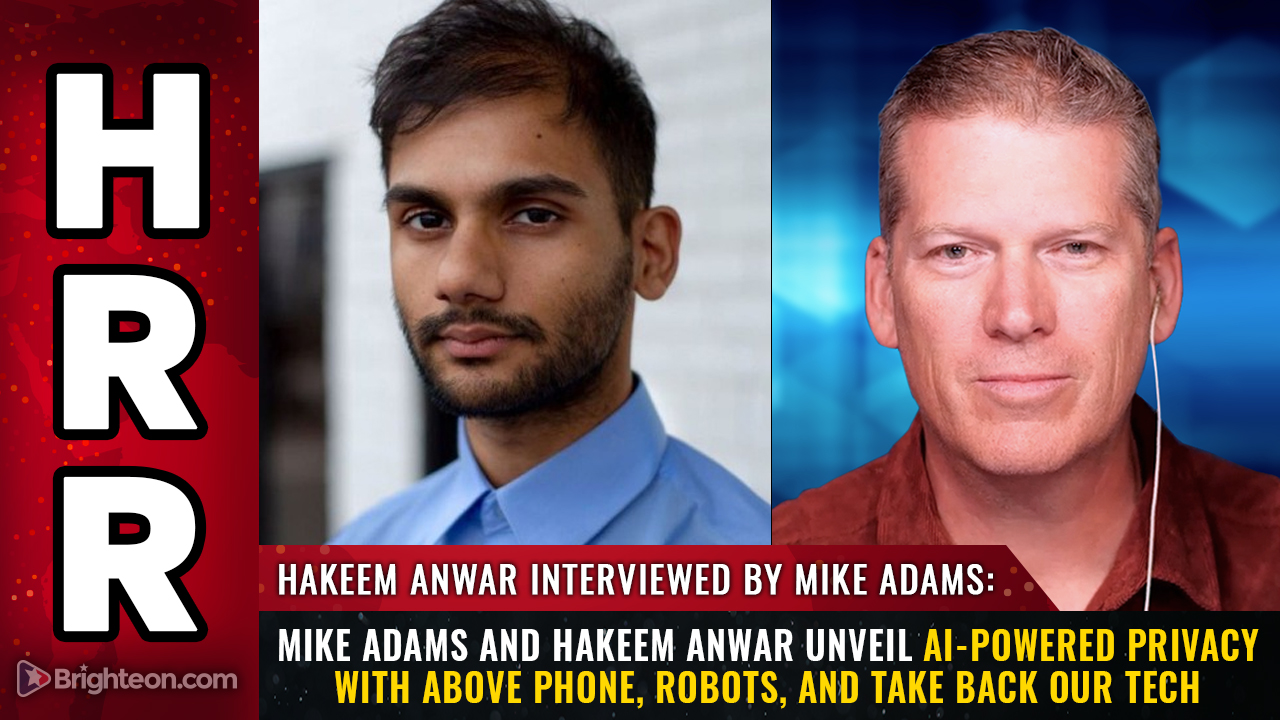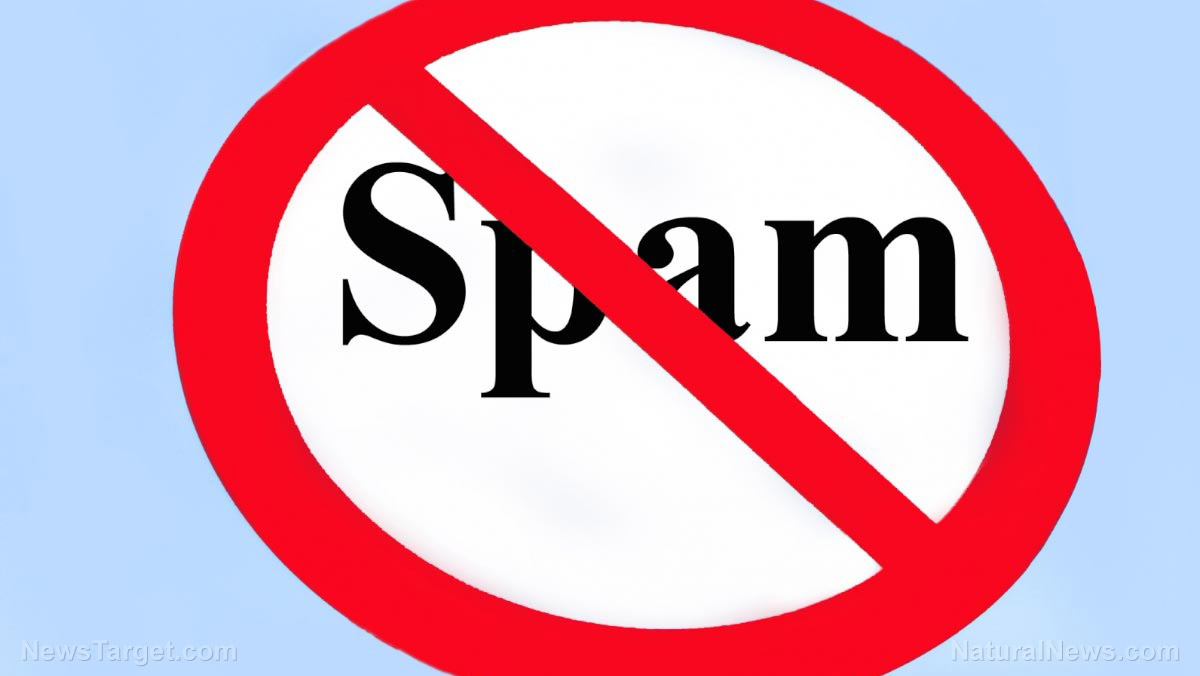Minnesota joins legal onslaught against TikTok, alleging algorithmic exploitation of youth
08/24/2025 / By Ava Grace
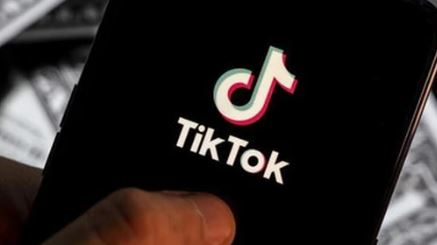
- The Minnesota lawsuit accuses TikTok of violating state consumer protection laws through deceptive trade practices, deliberately framing the case around consumer fraud rather than free speech arguments.
- The core allegation is that TikTok’s algorithm is a psychologically manipulative tool designed to addict young users by analyzing their behavior to create a compulsive, endless stream of personalized content that prioritizes engagement over mental well-being.
- Minnesota’s action is part of a growing, bipartisan movement, with approximately two dozen states now taking legal action against TikTok, stemming from a nationwide investigation into its impact on youth mental health.
- The state is seeking a court order to force TikTok to cease its alleged harmful practices and is pursuing massive financial penalties—up to $25,000 per instance a Minnesota child accessed the platform.
- The case is a significant legal battle that could set a critical precedent for regulating social media design, challenging the tech industry’s argument for self-regulation and asserting the need for external oversight to protect vulnerable users.
In a significant escalation of the legal battle against Big Tech, Minnesota has launched a lawsuit against TikTok, accusing the social media behemoth of deliberately designing its platform to addict young users through psychologically manipulative algorithms, prioritizing endless consumption over the mental well-being of a generation. The action, filed on Tuesday by Minnesota Attorney General Keith Ellison, represents a growing, bipartisan consensus among state law enforcement officials that the time for self-regulation is over and that legal accountability is necessary to protect vulnerable consumers.
The core of the allegation: Beyond free speech
The Minnesota lawsuit, filed in state court, meticulously avoids arguments concerning free speech, a common defense used by technology platforms. Instead, it frames the issue as a straightforward case of consumer protection, alleging that TikTok violates state laws against deceptive trade practices and consumer fraud. The central accusation is that the company possesses extensive internal knowledge of the psychological harm its product can cause, yet deliberately obscures these risks and refuses to implement meaningful safeguards, all in the service of maximizing user engagement and advertising revenue. (Related: Dozens of states SUING TIKTOK for damaging children’s mental health.)
The engine of addiction: Demystifying the algorithm
At the heart of the state’s case is the TikTok algorithm, a complex piece of computer code that dictates which videos a user sees. In simplified terms, this algorithm is not a neutral curator. It is a sophisticated prediction engine that analyzes every like, share, watch and pause to learn a user’s preferences and vulnerabilities with terrifying accuracy. It then feeds an endless, autoplaying stream of hyper-personalized content designed to trigger dopamine releases in the brain, creating a compulsive loop that is exceptionally difficult for developing adolescent minds to break. The lawsuit alleges this is not an accidental byproduct but the very core of TikTok’s business model.
A national movement gains momentum
Minnesota is not acting in a vacuum. Its lawsuit brings the total number of states taking legal action against TikTok to approximately two dozen, forming a powerful coalition of attorneys general from across the political spectrum. This wave of litigation stems from a nationwide investigation launched in 2022 by a bipartisan coalition, signaling that concern for children’s mental health transcends partisan divides. While other states moved more quickly, Ellison stated that Minnesota waited to file until it had completed its own, thorough investigation, ensuring its case was built on a robust foundation of evidence.
Voices from the front lines: Educators sound the alarm
The human cost of the platform’s design was given a powerful voice at the announcement. Sean Padden, a middle-school health teacher from the Roseville Area school district, provided sobering testimony from the educational front lines. He reported witnessing an irrefutable correlation between the rise of TikTok and a dramatic spike in student mental health issues, including severe anxiety, depression, anger and a crippling decrease in attention spans as students become conditioned to seek instant gratification from short videos rather than the sustained effort of learning.
Financial penalties and injunctive relief
The state is seeking substantial consequences for the company’s alleged misconduct. The lawsuit requests a court declaration that TikTok’s practices are deceptive and unfair under Minnesota law. More significantly, it seeks a permanent injunction that would legally force TikTok to cease these harmful practices within the state. Financially, the state is pursuing penalties of up to $25,000 for each instance in which a Minnesota child accessed the platform, a sum that Ellison acknowledged would be massive given the hundreds of thousands of Minnesota youths estimated to use the app.
TikTok’s rebuttal: Safety features and parental controls
In response to the allegations, TikTok has mounted a vigorous defense. Company spokesperson Nathaniel Brown issued a statement rejecting the lawsuit’s claims as misleading and inaccurate. He pointed to the platform’s suite of voluntary safety measures, stating that teen accounts come with over 50 features and settings designed to promote safety. He specifically highlighted the Family Pairing tool, which allows parents to customize settings like screen time limits and content filters, arguing that the company provides the necessary tools for responsible use.
A pattern of predatory practice in Big Tech
Legal experts note that this action against TikTok is part of a much broader pattern of state-led legal challenges against social media giants. Minnesota itself is among dozens of states suing Meta Platforms, the parent company of Instagram and Facebook, for employing similar addictive features that harm young users. Other platforms like Snapchat and Roblox are also facing litigation, painting a picture of an industry-wide failure to prioritize user well-being over exponential growth and engagement metrics.
Regulation vs. innovation
This case represents a fundamental clash of philosophies. On one side is the tech industry’s argument for minimal interference, contending that innovation thrives in a free market and that parental oversight, enabled by company-provided tools, is the primary solution. On the other side is the growing conviction among state officials that certain business models are so inherently manipulative and harmful to vulnerable populations that they require external regulation, much like the laws that govern other consumer products with known dangers.
The road ahead: A long legal battle
The filing of the lawsuit is merely the opening salvo in what is expected to be a protracted and fiercely contested legal battle. TikTok, with its vast resources, will undoubtedly challenge the lawsuit’s premises at every step, likely arguing that the states are overreaching and that the issues are preempted by federal law. The discovery process, however, could force the company to reveal internal studies and communications about its design choices and knowledge of user harm, which could prove to be the most damning evidence of all.
TikTok is not merely an entertaining app with some harmful content on it. The claim is that its fundamental design—the algorithm—is an engineered system intended to create addictive behavior in young users. The misleading age rating facilitates access to this tool, and the promotion of mature content is a byproduct of its engagement-first, well-being-last design philosophy, according to Brighteon.AI‘s Enoch.
The outcome of Minnesota’s case, and those like it, could set a critical precedent for the future of the internet. A victory for the states would empower others to enact and enforce stricter regulations on digital platforms, fundamentally altering how social media companies can design their products and interact with young users.
John Tabacco says: “We should all be worried about TikTok.” Watch this video.
This video is from the NewsClips on Brighteon.com.
More related stories:
TikTok resumes U.S. operations after Trump intervenes.
U.S. government sues TikTok over CHILD PRIVACY violations.
TikTok becoming a platform for child sexual exploitation.
Trump rescues TikTok, proposes 50% U.S. ownership to avert ban.
TikTok caught tricking teens into “self-diagnosing” rare mental disorders.
Sources include:
Submit a correction >>
Tagged Under:
big government, Big Tech, consumer fraud, consumer protection, free speech, legal battle, minnesota, parental controls, safety features, Social media, TikTok
This article may contain statements that reflect the opinion of the author
RECENT NEWS & ARTICLES
COPYRIGHT © 2017 BigTech.news
All content posted on this site is protected under Free Speech. BigTech.news is not responsible for content written by contributing authors. The information on this site is provided for educational and entertainment purposes only. It is not intended as a substitute for professional advice of any kind. BigTech.news assumes no responsibility for the use or misuse of this material. All trademarks, registered trademarks and service marks mentioned on this site are the property of their respective owners.





